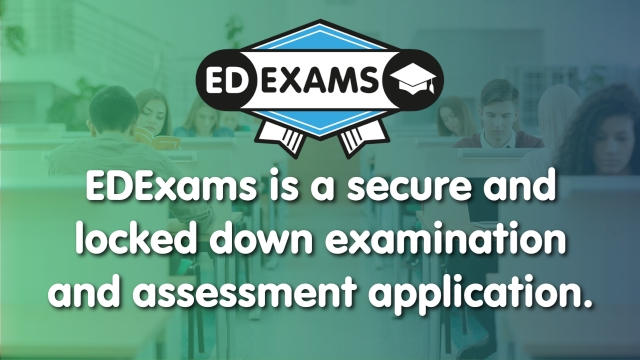Homeschooling in the UK is rising steadily.
According to a survey conducted by the BBC, 48,000 children were being homeschooled in 2016-17. That’s an increase of over 40% since 2014-15.
Homeschooling is legal in the UK and support is offered by local authorities. Parents can use this search tool to find advice and resources provided by their local authority.
Parental responsibilities
When homeschooling, parents have a responsibility to ensure that their children receive an effective education. They don’t need to follow the national curriculum or take exams or qualifications but parents are required by law to give their children full-time education suitable to their age and ability.
Parents do not have to be qualified teachers to homeschool their children and they can, of course, hire private tutors to teach any subjects outside of their area of expertise.
Whilst parents do not need to inform their local authority that they are homeschooling their children, they do need to notify the school that they are taking their children out of school.
If their children have special needs, the local authority still retains responsibility to ensure that parents are providing the necessary support as explained in part 3 of the special needs statement.
Why homeschool?
Parents can have any number of reasons to want to homeschool their children. These can range from a desire to protect a vulnerable child from bullying in school to the belief that regimented education and testing are not effective in giving their child a suitable education for the modern world.
In some cases, parents have jobs that are seasonal or migratory and it’s not possible for their children to always go to the same school. Rather than move their children from school to school, they might find it easier to homeschool them instead.
It may even be because the local schools are inadequate and show little signs of improvement.
Whatever the reason, there are advantages and disadvantages to homeschooling your children.
Advantages of homeschooling
- Targeted, one-to-one teaching that doesn’t have to follow the national curriculum
- Work at a pace and level that suits their children’s needs
- Stronger family relations
- More time for questions and creativity
- Learn in a safe, secure environment away from the potential dangers of bullying, violence, drugs and any other negative aspects of communal schooling
- Enjoy more flexibility in scheduling holidays and breaks
- No peer pressure
- Time to instil moral, religious or family values that may be overlooked in mainstream education
Disadvantages of homeschooling
- Isolation – fewer opportunities to socialise with friends of the same age group
- Cost – local authorities provide no funding for homeschooling
- Too much time together could breed enmity
- If parents do not have the knowledge or ability to teach certain subjects and tutors cannot be found (or are too expensive), their children could miss out on a vital element of their education
- Less access to team sports or activities
- Criticism from friends and family about the decision to homeschool their children’s
- Lack of resources and the difficulty of knowing which resources are available and suitable
- Qualifications and access to further education – parents must arrange and pay for their children to complete exams
- The local authority may request access or a report so that they are confident in the parents’ ability to effectively homeschool their children
Deciding to homeschool your children, for any reason, should not be taken lightly and legislation and guidance is currently under review. It is possibly that more stringent monitoring of homeschooling will be put in place in the future.
If you are looking at homeschooling as an option for your children, Education Otherwise and the Home Education Advisory Service are useful starting points.











